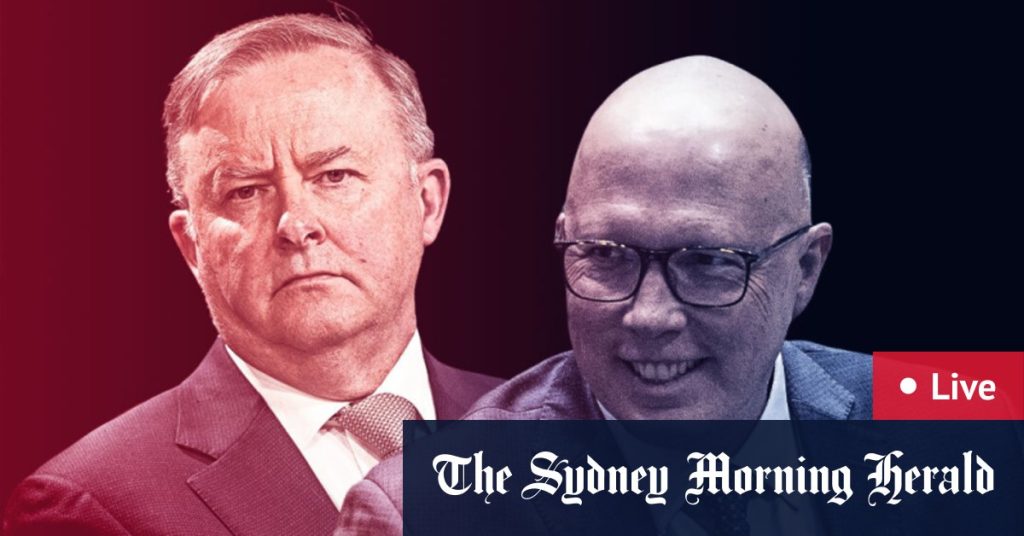Australian journalist Cheng Lei, who was recently released from detention in China after three years, reported that she was blocked from entering a press event attended by Chinese Premier Li Qiang and Australian Prime Minister Anthony Albanese. This incident occurred after Chinese embassy officials attempted to prevent television cameras from capturing footage of Cheng. Albanese expressed his dissatisfaction with the treatment Cheng received from the Chinese officials, calling it disrespectful. Cheng recounted how she was also prevented from attending a second press event at the Hyatt Hotel where Li was present, despite being registered to attend.
Cheng detailed her experience at the Hyatt Hotel, where she was initially denied entry to the event despite being on the registration list. She claimed that Chinese officials asserted their authority over the event, stating “This is our turf, we can veto it” in Chinese. Despite her prior registration, Cheng was told that she was not confirmed on the list by the Prime Minister’s media staff, who said that the decision on who could attend was made by Opposition Leader Peter Dutton’s team. Eventually, a member of Dutton’s team offered to assist Cheng in gaining entry to the event.
As Premier Li arrived at the event, Cheng observed that many people were shielding him from her, and noted that Dutton and Coalition foreign affairs spokesman Simon Birmingham did not acknowledge her presence. Despite being given assurances that she would be allowed to enter, Cheng was repeatedly denied access to the event by both PM&C staff and Dutton’s team. She expressed frustration at being treated in this manner, questioning why she was being prevented from attending the event when she had served her sentence, been deported, and was employed by an Australian news organization.
Cheng’s account of being blocked from the press event highlights the challenges faced by journalists, especially those with a Chinese background, in navigating diplomatic relations between China and Australia. The incident underscores the continuing tension between the two countries, as well as the restrictions placed on journalists operating in China. Cheng’s experience sheds light on the complexities faced by journalists reporting on sensitive issues, and raises questions about freedom of the press and access to information in the current geopolitical landscape.
In response to Cheng’s report, Australian media outlets and political figures voiced their support for her and criticized the actions of the Chinese officials who blocked her from attending the press events. Prime Minister Albanese condemned the treatment of Cheng as disrespectful and vowed to address the issue directly with Premier Li. The incident has sparked discussions on press freedom, diplomatic protocols, and the challenges faced by journalists reporting in authoritarian regimes.
Cheng’s experience serves as a reminder of the importance of protecting press freedom and upholding the rights of journalists to access information freely and without interference. The incident has drawn attention to the plight of journalists facing restrictions and barriers in their work, as well as the need for greater transparency and accountability in diplomatic relations between countries. As the story continues to unfold, it highlights the ongoing complexities of operating as a journalist in a challenging geopolitical environment, and the need for continued advocacy for press freedom and human rights.


